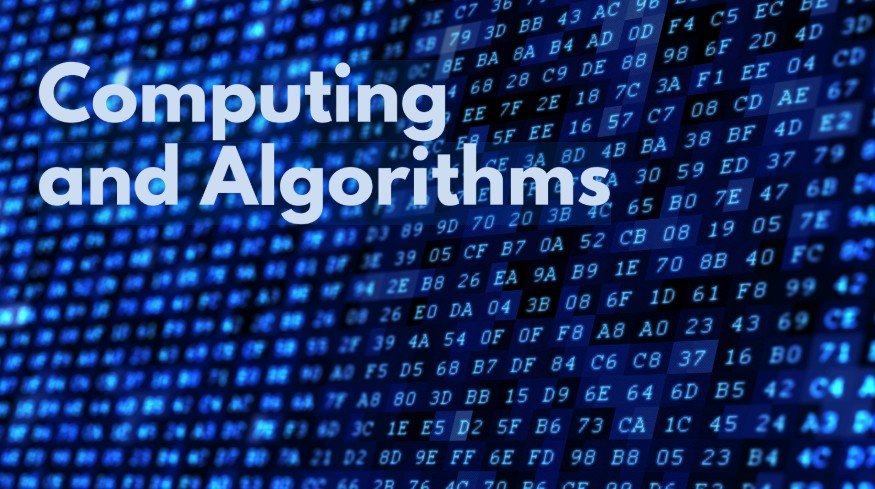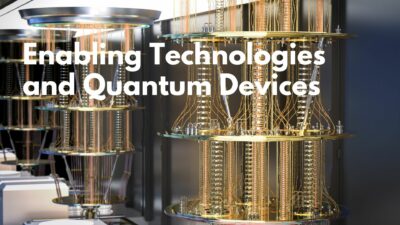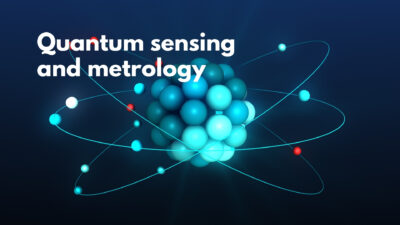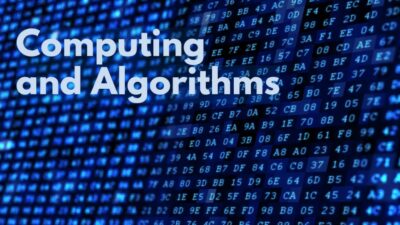**Quantum Computing Breakthroughs: NIST & SQMS Lead the Way**
The National Institute of Standards and Technology (NIST) and the Superconducting Quantum Materials and Systems (SQMS) Center are collaborating to push the boundaries of quantum computing. Their research focuses on improving superconducting quantum bits (qubits), which are the building blocks of quantum computers.
**Key Findings:**
– Qubit coherence times have been significantly improved, with some qubits now reaching up to 0.6 milliseconds.
– Encapsulating niobium surfaces with gold or tantalum has reduced material losses and extended qubit coherence times.
– Researchers are exploring alternative materials for Josephson junctions to address losses caused by aluminum oxide tunnel barriers.
**Potential Impact:**
These breakthroughs will lead to more powerful and reliable quantum computers, which can accelerate drug discovery, improve cyber security measures, and enable new industries in various sectors. The ultimate goal is to build scalable, fault-tolerant quantum computers that can revolutionize multiple fields.
**Implementation Timeframe:**
While specific timelines are not mentioned in the article, it’s clear that significant progress has been made in recent innovations by the SQMS Nanofabrication Taskforce. Further research is needed to push performance even further; however, these advancements bring us closer to achieving this goal.
In simplified language:
Imagine a computer that’s exponentially faster than today’s technology – a “quantum computer.” This collaboration between NIST and SQMS aims to create such machines using tiny particles called “qubits.” They’re making rapid progress by improving how long these qubits maintain their state without losing information – crucial for creating powerful yet reliable quantum computers.
Source: https://www.nist.gov/news-events/news/2025/04/quantum-breakthroughs-nist-sqms-lead-way
Keywords: qubits, coherence, superconducting




